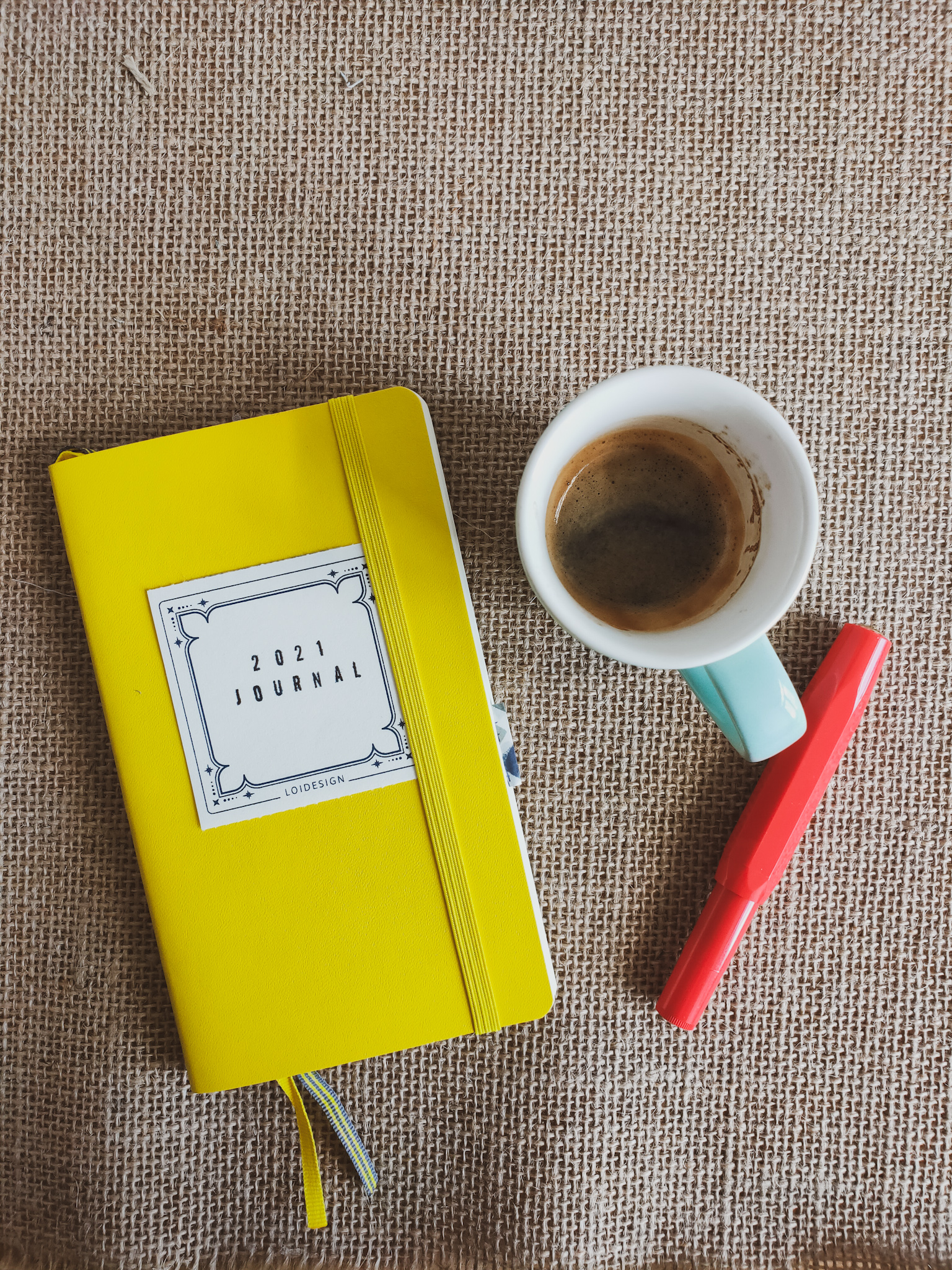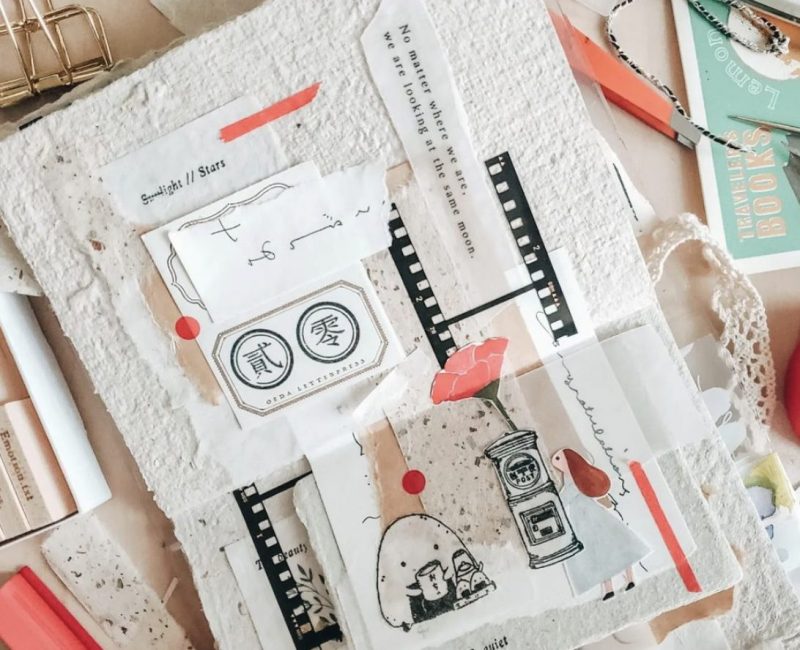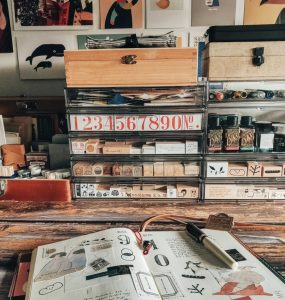I get this question a lot, in varying degrees.
Sometimes, it can also come up as:
- How can I develop journaling as a habit?
- How can I journal every day?
- How can I find the time to journal?
To answer these questions, I believe it’s essential for us to know these three things:
1. DEFINING OUR EXPECTATIONS
What do we expect from developing a journaling habit? What kind of changes or improvements would we like to see once we are journaling consistently? How would our journaling practice help or benefit us?
Answering these questions will help us to understand what we need from our journaling practice.
For example, do we expect journaling to allow us to be more creative? To keep memories or life lessons? To resolve issues? To express or process emotions? To organize our thoughts?
Knowing what we would like to experience from our journaling practice—and the benefit we may get from it—will help us find the time and motivation to do our journaling practice.
We will want to be consistent with our journaling practice if we know that it will be rewarding—whatever that ‘reward’ may look or feel like.
2. MAKING IT FEEL GOOD
My favorite yoga teacher, Adriene Mishler, always encourages her students/viewers to find ‘what feels good’ while doing their yoga practice.
The same goes for journaling.
Journaling can feel hard when we’re comparing our journaling process, our frequency of journaling, or our journal, with others.
Because someone writes three journal pages every morning, we think we need to do that, too.
Because someone posts aesthetic journal pages decorated with washi tapes and collages, we think our journal pages also need to look like that.
Because someone is adopting the bullet journal technique, we think we need to start doing that, too.
To be consistent with our journaling habits, we need to focus on our own expectations and find what feels good—for us.
Thus, ask ourselves:
- What feels kind, enjoyable and comforting?
- What makes journaling feels light and breezy?
- What works?
When journaling feels heavy, takes too much time, or gives us too much hassle, it is no wonder if we find it challenging to be consistent with our practice.
3. JOURNALING WITH KINDNESS
With everything that is going on in our lives at the moment, how much time can we spare for our journaling practice—that wouldn’t feel like a burden?
One minute per day will do. Three minutes per week will do. Thirty minutes per month will do. Writing in our journal every morning is great. Writing every other day is great. Writing every other week is also great.
Treat our journal as a kind and friendly companion. Know that our journal is patient and non-judgemental.
If we break our journaling habit or have a falling-out for a month or two, it’s okay. We can always get back to it: we can always pick up our journal and our favorite pen, and we can always start again where we left off.
Release the guilt from not being able to show up for our journaling practice.
Instead, celebrate every time we sit down on our desk, on a train, in the waiting room, at a cafe, on a park bench—simply writing our heart out.
***
Why do you journal or keep a journaling practice?
How does your practice look like?
What works for you?







